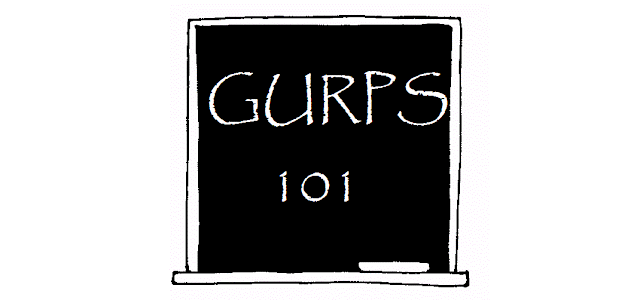As I’ve probably said before, some of my best ideas bloom at the dinner table after game sessions. My players are all relaxed and the urgency to do something to further the plot is gone. Their bellies are full (or getting there) and their minds are still a whir with the events of the session. That’s pretty typical of my gaming group; we aren’t just a bunch of nerds thrown together we’re friends (many lifelong) and we enjoy each others’ company regardless of the current activity. Anyways, we were bandying about all sorts of ideas and my players were tossing back and forth what the current plot might involve and what they intend to do next session. It was then that a idea struck me as my girlfriend, L.A., was speaking to my best friend, C., and said “Yeah, well your character is the Alchemist.” The dump of information that my imagination shot into my brain was overwhelming. It took me a moment to comprehend what had just occurred in my headspace. Then I furiously jotted down all the jumbled thoughts I could and saved it for a blog post. So here is my idea, what if titles bestowed a kind of metagame power? What if they called (your) character “the [whatever]” because he was the best there is? What if you had a gameable trait that ensured that you really were the best (or at least getting there) at whatever you did?
Archetype
You posses a gift or knack within a specific purview. The GM sets the limit, but typical a purview should be able to summed up in a title or epitaph. For example, Archetype (the Solider) or Archetype (the Wizard) are perfectly fine, but Archetype (the Hero) probably wouldn’t work in anything but a one-on-one style campaign. Within this field you are supreme. Whenever you are doing something which the GM feels falls within your Archetype’s field you get a +1 to all skill rolls and may reroll any critical failure that occurs while you are doing so. Additionally, your title gives you a +2 bonus on reaction rolls against those who respect your skills, abilities, etc. Depending on exactly what your Archetype is other may treat you as if you had just made a Intimidation roll (p. B202): “That guys is Durak the Archer! He can put a arrow in your eye from 300 yards!” They might treat you as if you had high Status (p. 28), regardless of your actual Status: “That’s Eleanor the Sorceress, even kings bow to her!” Or they may treat you as a precious commodity and give you gifts or do things for you just for being who you are: “Ryn the Healer, by all the gods, if any one can save us from this plague it is her.” This bonus increases to +3 at level two and +4 at level three. Furthermore, each level gives you a Archetype Point per game per game session to spend as a character point on Buying Success (p. B347). Archetype Points regenerate at the start of each game session, but may be “instantly” refilled by spending 1 unspent character point(no more than once per session per level). No one may have more than one Archetype.
Statistics: This uses a modified version of Daredevil [15], changing the theme from “high risk behavior” to “one specific field.” It also makes use of Destiny Points from GURPS Power-Ups 5: Impulse Buys and lets them replenish at the same rate as Wildcard Points in return for limiting them to a specific field. Furthermore, it uses Social Regard as the basis for it’s reaction bonus instead of reputation because it affects anyone – even those who might not have heard of you before. Level 1 is Daredevil [15] + Social Regard (varies) 2 [10] + Destiny 1 [5]. Level 2 increases both Social Regard and Destiny by a level each, for 10 points. Level 3 does this again, for 10 points.
Picking Over the Bones
The GM might decide to make Daredevil leveled (see GURPS Supers, p. 26), if so each level of Archetype gives a +1 bonus to skill rolls, instead of a flat +1 and allows a additional reroll of a critical failure per level. He could also replace Daredevil with Higher Purpose (Archetype) and increase the cost per level to 10 points to reflect the broader scope. Of course, he could also use both, giving those with Archetype a +2 bonus on skill rolls per level and a +1 bonus on all rolls relating to his archetype’s purview. The GM could also allow a “Archetype!” Wildcard skill (or even a Wildcard! Power, see GURPS Supers, p. 41), which covers everything that could logically be covered within the characters respective field. Finally, Archetypes may be more than metagame traits, they might be supernatural mantles bestowed upon those blessed by the gods, those who are so skilled at one thing they’ve become legendary, and so on. In such a case, consider adding a Power Modifier to the advantage reducing it’s cost overall, but make it ssusceptible to all the problems a given Power has.


That totally models an idea for a setting that i had long ago. I may have to find a way to adapt.adapt that to my next fantasy game. It would be immediately useful.if i actually had a group to run for.
Glad you like it. 🙂
This explains The Doctor….
IQ 18, Archetype 3, &c
Won’t lie, it was one of the things I was thinking about when I wrote it. 🙂